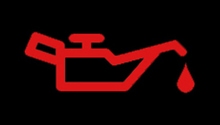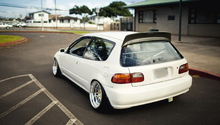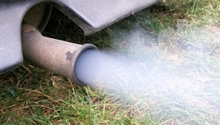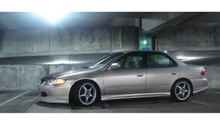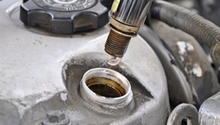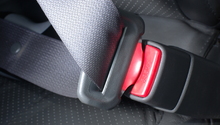Honda Accord: Buying Guide
There are plenty of great, used Accords on the market, but how do you know which one to get? This guide will tell you what to inspect before making a purchase.
This article applies to the Honda Accord (1990-2002).
A used Honda Accord is one of the best values you can get for a mid-sized sedan. But purchasing a used car has more to do with its history and maintenance than just the sticker price. If you're not careful, what may seem like a great deal could turn out to be a complete waste of money. Pay attention to minute details when looking at your potential ride and you might save yourself a big headache.
Body
The car's exterior is your first impression, so do a quick look around for minor or major damages.
- Look for dents, scrapes, or signs of recent repair work: It could indicate that the car has been in a collision.
- Check if the hood, headlights, bumper, and fenders line up: Anything out of place could indicate shoddy repair work.
- Look for rust in the corners: Rust can spread to parts underneath the car where it can do serious damage.
- Take a quick look at the undercarriage: Check for rust and leaks, especially around the fuel line and suspension.

Figure 1. Even seemingly benign dents could mask serious problems. 
Figure 2. Rust can spread to other parts of the car.
Engine
The engine is the beating heart of the car. So make sure to spend some serious time under the hood before making a serious purchase.
- Oil stains or corrosion on the engine block: These are indicators of a leaky gasket, which could lead to costly repairs.
- Check the oil levels: Unless there's a sticker with a date of the car's last oil change, you'll want to check it yourself.
- Check the transmission fluid: Look out for any dark-red or black fluid. It could be a sign that something is wrong with the transmission.
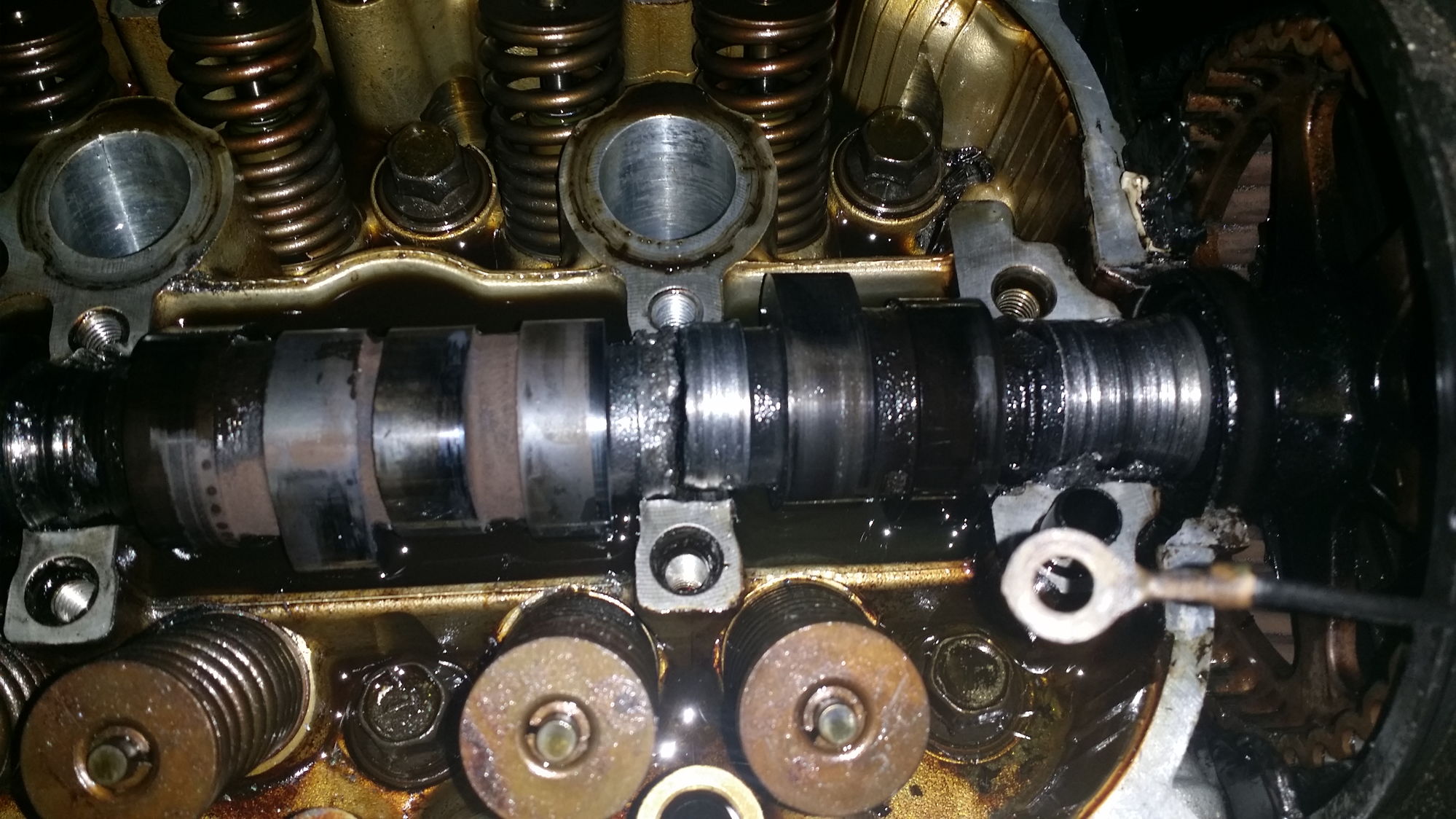
Interior
The interior can sometimes tell you more about the car than its mechanical components. You can see how much care the owner has put into it. So if it's filled with trash, stains, dust, broken parts, or tears, they may not have made an effort into maintaining the rest of the car.
- Tears and stains in the upholstery: These show you how well the previous owner or owners cared for the car.
- Turn on the ignition and check the dash: Make sure all the indicators can turn on. Also, check the turning signals and headlights.
- Check the electronics: Turn on the radio and A/C to observe if there are any issues. Turn on the lights and see if any bulbs have burnt out.
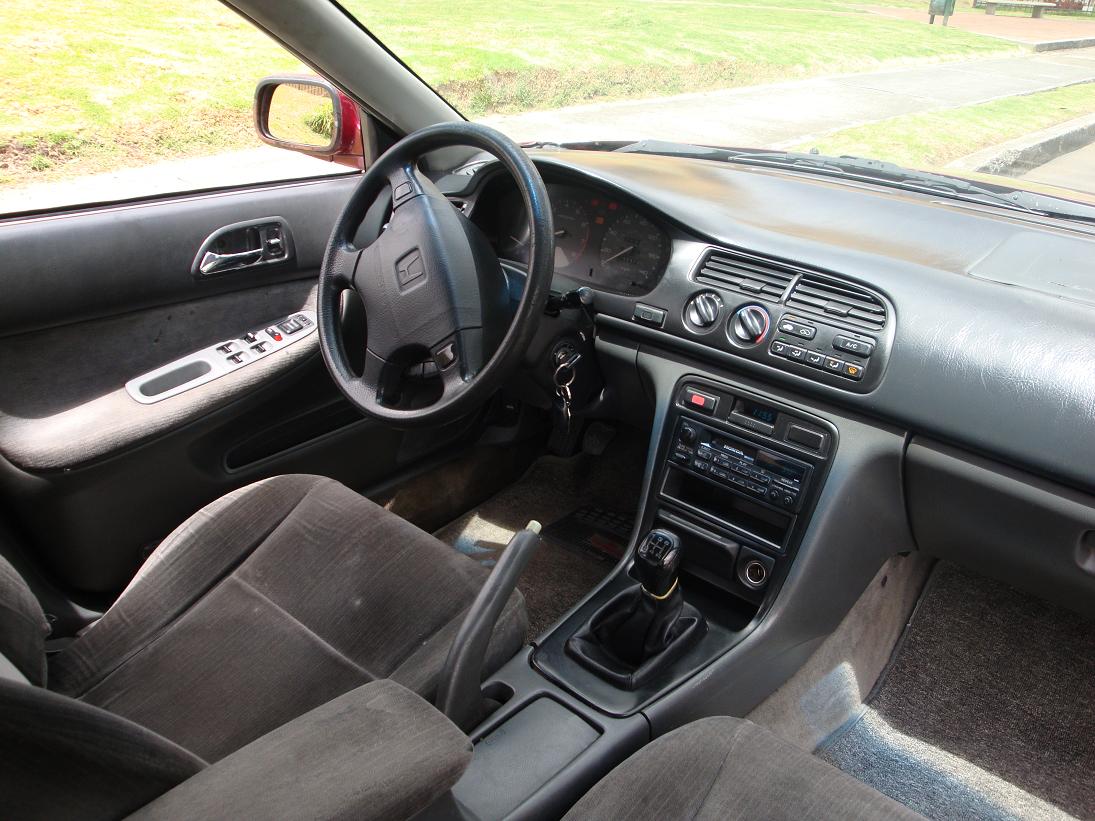
Test Drive
Always take the car out for a test drive. You don't want to get home with only three wheels attached.
- Take the car on a test drive for at least 15 minutes: Try your best to test it in the same conditions you would regularly drive in. Drive far enough to observe whether the engine will overheat.
- Drive on a highway: Pay special attention to the acceleration. If it's slow to change gears, there is a problem with the transmission.
- Drive over bumps: See how the suspension handles over rough terrain. If you feel like there's a loss of control, the shocks could be worn out.
- Listen to the engine sounds: Any clinks, clangs, or pops are extreme concerns and may cause headaches down the road.
- Watch out for burning smells or smoke: These could indicate a blown gasket.
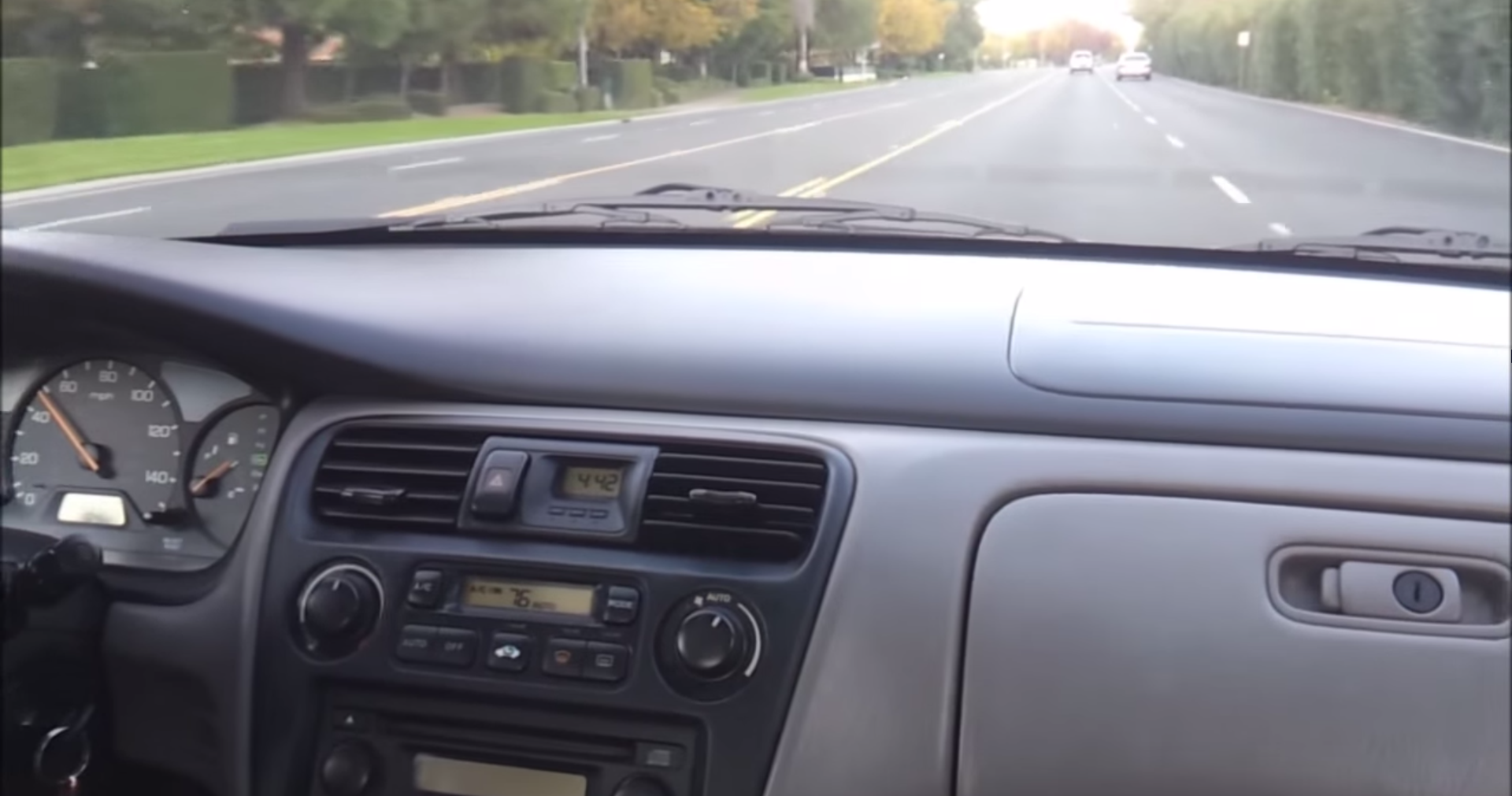
Final Notes
- Always ask questions: If anything seems out of place, you should ask the owners.
- Compare the mileage to the wear and age of the car: Just because a car has a little wear doesn't mean you should dismiss it completely.
- Ask for a car history report: Some used-car dealers can give you a report, which lists any major accidents and repairs the car may have had.
- Try to get a Certified Pre-Owned Warranty: Even a limited amount of coverage can help you if problems arise shortly after your purchase.
- Be aware of recalls and known issues: Sixth generation Accords have had problems with their automatic transmission, and later models have been recalled for faulty ignition switches.
- Get a service check before you buy: It will cost a minor fee, but will allow you to be more thorough and could save you a lot of money as well as trouble.
Related Discussions
- What to Look for When Buying a Honda? - Honda-Tech.com
- Buying Used '03-'05 Accord Coupe - What to Look For? - Honda-Tech.com
- What to Look for When Buying a 1994 Accord? - Honda-Tech.com

